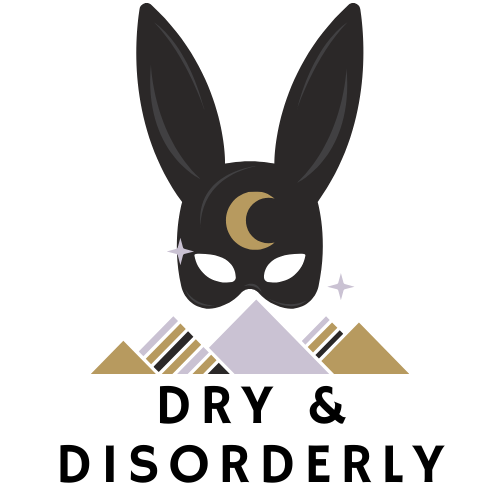Relapse Reset: Four Steps I Took to Bounce Back Stronger
Image by Author
Turning My Missteps into Momentum for My Recovery Journey
We all want our recovery journey to be that “I broke up with booze, reinvented myself, and never looked back” type of story. But the reality is, it's chaotic, uncomfortable, and, if you’re like me — it’s included relapses. My mistakes felt like a giant scarlet letter on my chest. However, after a long day in bed and a lot of agonizing self-reflection, I realized it's actually more like a detour on my map. Instead of letting my relapse wreck my confidence, I chose to make it a comeback story.
Step 1: I Needed to Face the Facts — Relapse Happens
The first step in my recovery journey was to stop pretending that relapse was some kind of ugly, mythical beast only the “weakest” people face. Relapse is common in addiction recovery, and most of us experience it at some point. It doesn't erase all the progress you've made, and it definitely doesn't mean you're a failure. For me, it was a wake-up call that I was human — flawed, messy, and still capable of moving forward.
I had this idea that recovery is a straight road to a simple life, but it’s more like a crumpled MapQuest printout of all the backroads. I hit several speed bumps, and it took time to accept that these bumps were part of the journey.
Then, I had to face the emotions — shame, guilt, regret — you name it, I felt it. But I didn’t shove it down or drink the shame away. Instead, I gave myself permission to let things suck for a minute. As cliché as it sounds, the only way out is through.
Step 2: Reframing Relapse with Growth
Here’s where the mindset shift happened. Instead of viewing relapse as failure, I started treating it as constructive feedback. I became a detective. Something in my routine wasn’t working, so I began asking:
Was I putting myself in too many triggering situations?
Was I leaning on my support system enough?
Was I scrolling through my ex’s Instagram feed again?
Was I watching too much news?
Was I remembering to have fun?
Every time I unpacked a piece of the puzzle, I felt more in control. Recovery isn’t about perfection; it’s about learning from mistakes. This shift in perspective made all the difference.
Step 3: Moving Forward with Purpose
Getting back on track was wobbly at first. My first instinct was to isolate myself, but I knew that wouldn’t help. With my tail between my legs, I reached out to my sober tribe — my sponsor and online communities where strangers understood exactly what I was going through. Those connections reminded me that I wasn’t the first person to stumble, and I won’t be the last. It’s all about getting back up, and it’s easier with a helping hand.
Then, I tinkered with my recovery plan. I picked up journaling, tried new coping tools, meditated (or at least I tried), made green juice, and even bought a stationary bike. Most importantly, I gave myself permission to evolve. Recovery isn’t static; it’s a living, breathing thing that grows and changes over time. Not everything I tried worked, but the goal was to keep building my sober toolbox for when triggers show up again.
Step 4: Building Resilience in Sobriety
Now, I won’t tell you that relapse was “the greatest thing to ever happen to me” because it wasn’t. It was awful at first. But I will say that recovery gets easier. Sobriety isn’t about perfection. It’s about showing up, day after day, even when the road is bumpy and your tires are worn. The sooner I let go of the idea of a picture-perfect sober journey, the smoother the ride became. After all, we tend to be our own worst critics.
Baby steps pushed me forward. Whether you’ve been sober for a week or a year, it’s about committing to the work. Every sober day is another brick in the foundation. Sobriety isn’t a race with a finish line — it’s about making progress, not being perfect.
The Comeback: A New Chapter in Recovery
Relapse wasn’t the end of my story, it was a plot twist that provided more momentum. If you’ve hit a setback in your recovery journey, remember: every twist, turn, and hard lesson could be part of your comeback story. The next chapter is yours to write. Find something to laugh about, and be proud of how far you’ve come.
Recovery is one wild ride, but it’s a road trip worth every detour.
*Previously published in Invisible Illness


